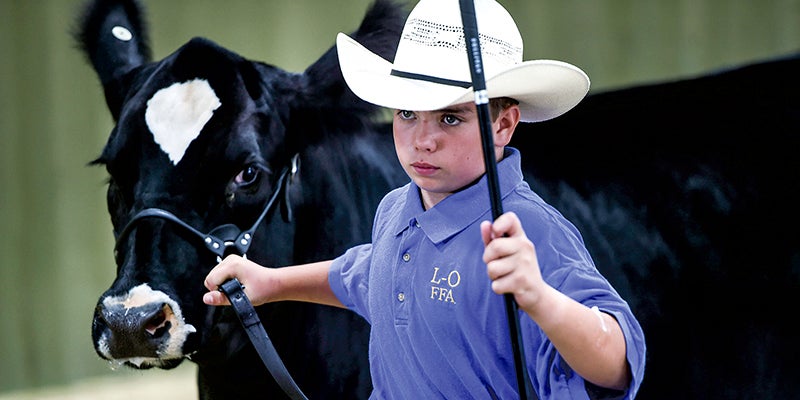After closings, APS tries to smooth out scheduling; Walz says he won’t penalize schools closing during cold
Published 7:45 am Friday, February 1, 2019

- Herald file photo.
Although students may be cheering for snow days, Mother Nature’s plans sometimes cause a little bit more of a storm behind the scenes for the Austin Public Schools District.
APS has already used up five of its snow days to accommodate for weather. By state law, Minnesota schools must meet minimum thresholds for instruction time each school year. According to the Pioneer Press, Gov. Tim Walz stated that he would not penalize school districts for “keeping their students safe” if they fall short of the state’s instruction time laws because of the dangerous weather.
Schools must have a minimum of 165 instructional days, according to the Minnesota Department of Education (MDE), and failure to meet that minimum would be considered a criminal penalty. Willful noncompliance is a misdemeanor; a school officer or superintendent found guilty under the provision is subject to a fine not to exceed $10 or by imprisonment for more than 10 days.
There is no specific provision in law for state aid to be reduced if a district doesn’t provide instruction for a certain number of days or hours.

Gov. Tim Walz
To clarify Walz’s statement, Josh Collins, MDE director of communications, stated that although the governor had shared his stance on the hazardous weather, Walz does not have the authority to waive the minimum number of instruction hours that was built into state statute to avoid penalties for districts.
However, there are flexibilities in place for districts to meet their state-mandated requirements for instruction time, such as E-Learning Days, adjusting the calendar to make up days and more.
“I think that over the last number of recent years, districts have done a lot to get very creative in taking advantage of the flexibilities they do have by adjusting their calendars, looking at E-Learning, and making sure their children are getting the best education by not losing time,” Collins said. “We’re happy to work with them to make sure that all this is addressed.”
Since many school districts statewide have used their maximum allotment of days because of inclement weather conditions, the MDE does anticipate working with the Minnesota Association of School Administrators to meet with superintendents and determine how many districts are bumping into issues with meeting the state mandates because of the unusual weather depending on what information is gathered.
“If there are additional flexibilities that are required, it means going to the state Legislature and possibly pass language for maybe a special one-time accommodation then we’ll look at that,” Collins said. “Because it’s still early in the season and if there aren’t any other snow days, this probably won’t be an issue for (districts). …we’ll make sure that we have the best information we can provide to superintendents for any flexibilities they need. The governor said schools should not be penalized for keeping students safe, and that’s a sentiment I think everyone can agree with.”
Scheduling difficulties
Although calling snow days means another day home from school, this actually causes some reorganization behind the scenes for sporting events and other activities that were previously planned.
Lisa Quednow, APS activities director, stated that because of the hazardous weather, some sporting events may need to get scheduled for the same week (something she generally tries to avoid) or may not get rescheduled altogether.
“It’s just a matter of working with the other schools, and coaches, to find some dates that are agreeable to plan,” Quednow said. “We have a lot of other things that are impacted, whether academics or concerts that have been planned. So, the weather makes things pretty constricted in scheduling, and not trying to make teams play two or three games in a row. It’s unavoidable at this point.”
Another struggle with activities is finding officials to officiate sporting events or staff to work the events when schedules were already predetermined. Along with a statewide shortage of officials, adding snow days into the mix makes rescheduling events that much harder as well as finding people to help out during their rescheduled events.
“It’s a huge coordination of people and schedules,” Quednow said. “There are flat out cancelled games. …we’re going to try and get creative. It’s unfortunately unavoidable that we’re going to have to do three or four games in a week, and we try to avoid that if we can.”
Each season presents its own challenges when it comes to rescheduling. For spring, it’s rain and thunderstorms, while winter has snow and cold. However, this stretch of extremely dangerous cold weather conditions have put a unique situation on scheduling moving forward.
“Hopefully we get a break at that point,” Quednow said. “None of us can control Mother Nature, unfortunately. We can do our best for our coaches and kids. We are looking forward to getting back to normal practices and events. We’re fortunately enough that people who help our events are flexible and enjoy working with us. We’re lucky. “




